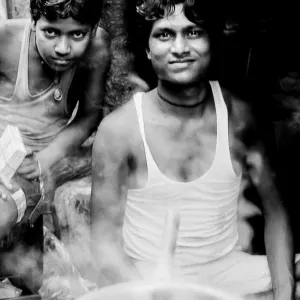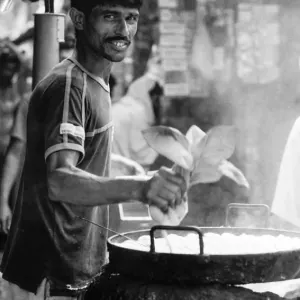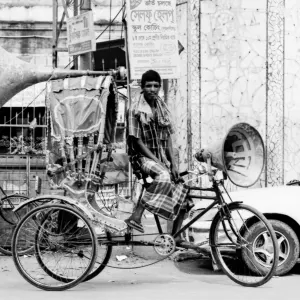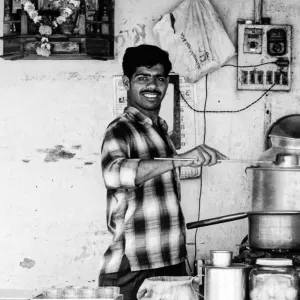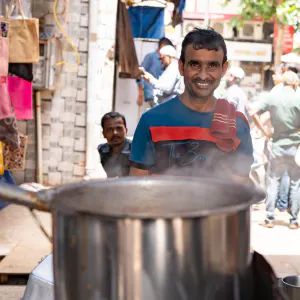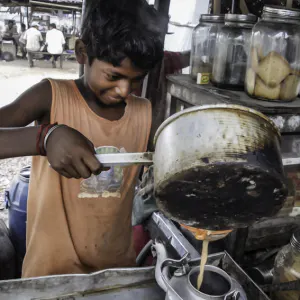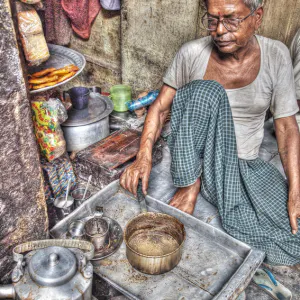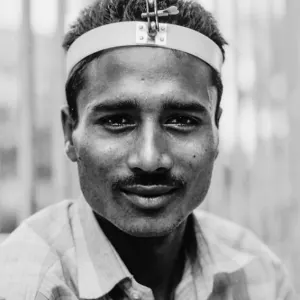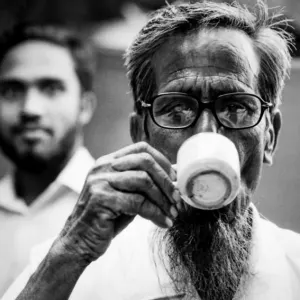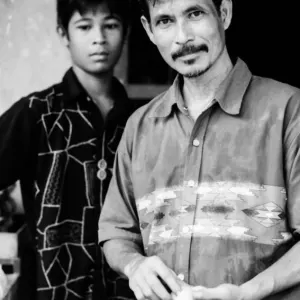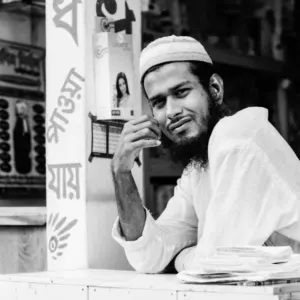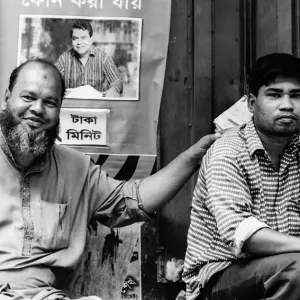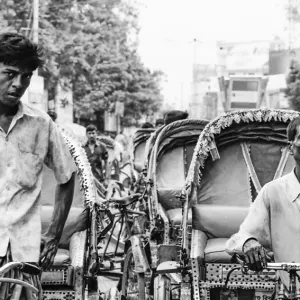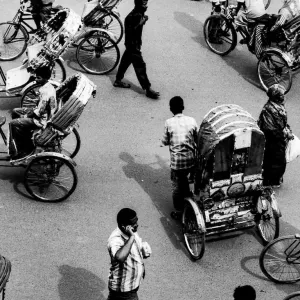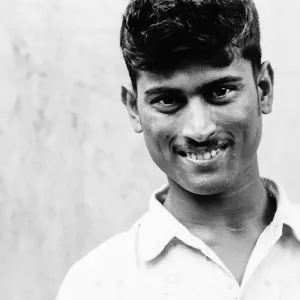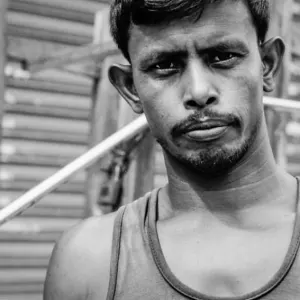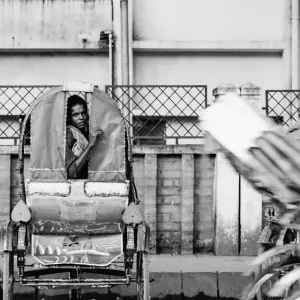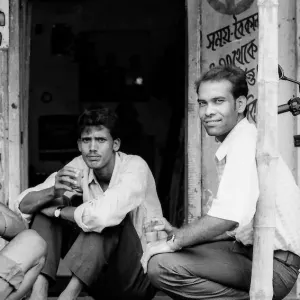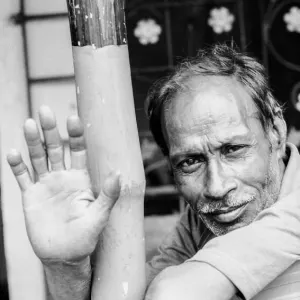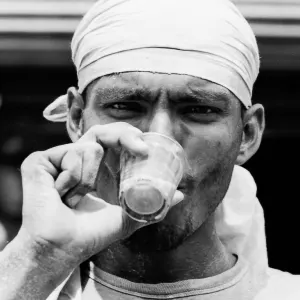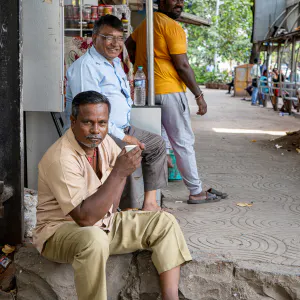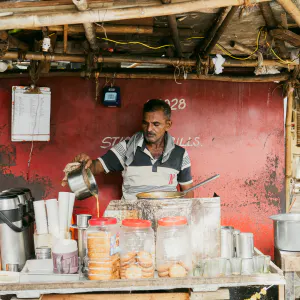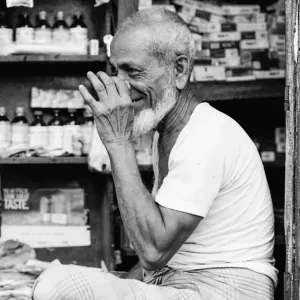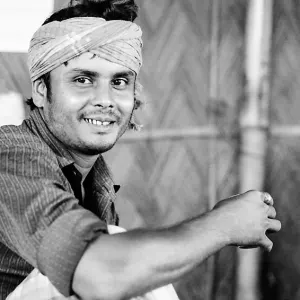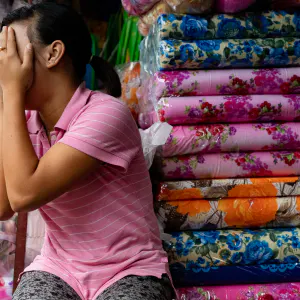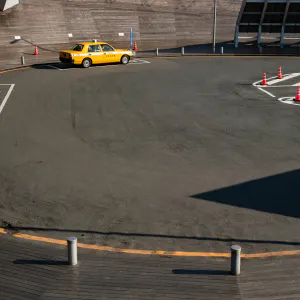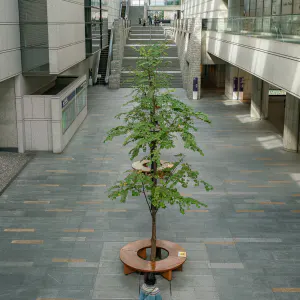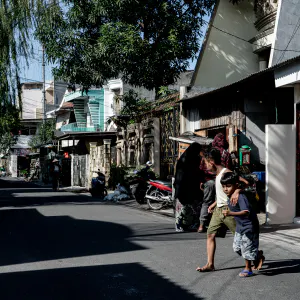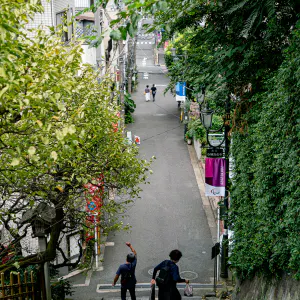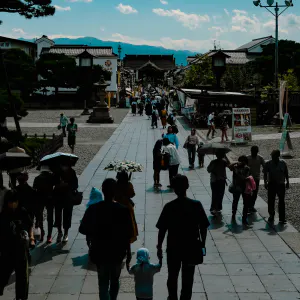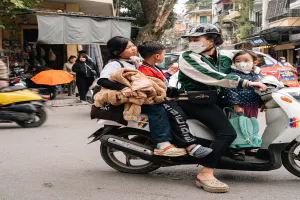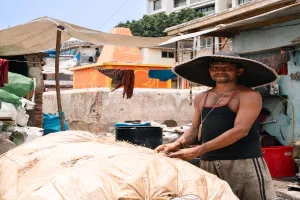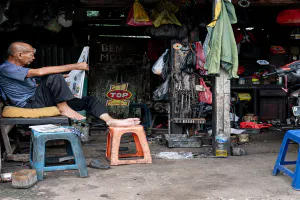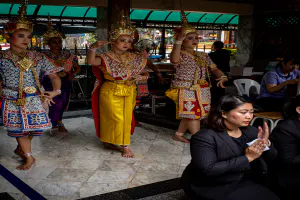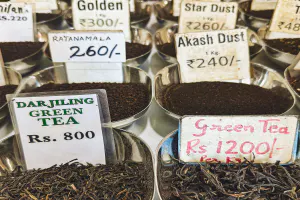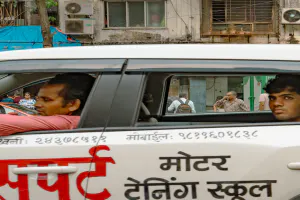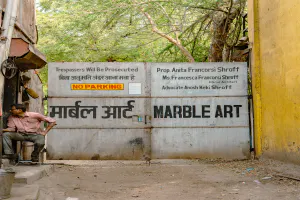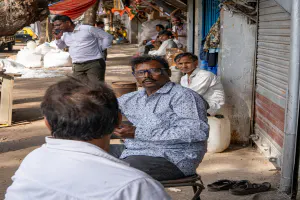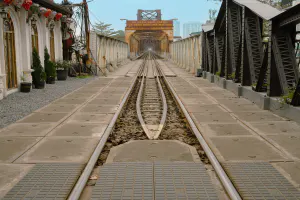The man carried a pot of boiling water, steam rising as he prepared to make cha
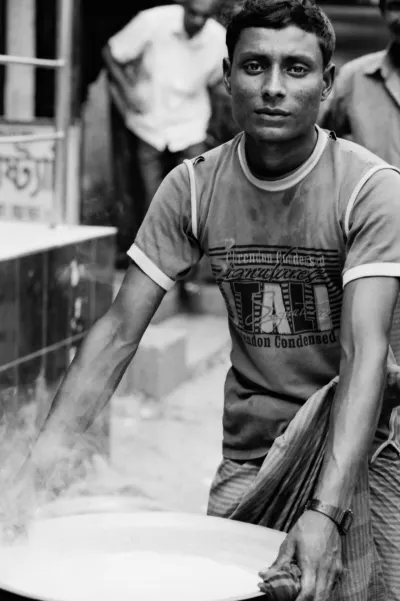
Walking through the town of Bogra, I came upon a plume of steam rising from a huge pot on the roadside. A man, dressed in a lungi, strained his arms as he held the vessel steady. Inside, water for cha boiled furiously, threatening to spill over at any moment. In Bangladesh it isn’t called chai but simply cha—a clipped sound that somehow fits the climate and temperament of its people. To handle scalding water in this sweltering heat struck me as a kind of torture, yet the man remained utterly composed, not a flicker of discomfort crossing his brow. My sympathy for his ordeal was, no doubt, unnecessary.
Cha is inseparable from daily life in Bangladesh. Introduced by the British in the 19th century, tea has since become the emblem of ordinary people’s respite. Unlike Japan’s tea ceremony, there is no ritualized formality here; instead, it is a drink open to everyone. Strongly boiled tea leaves are mixed with milk and sugar, sometimes spiced with cardamom or ginger, yielding a brew as robust as the land itself. To be called over with a “one cup, how much?” at a street stall is almost impossible to refuse.
The young man tending that bubbling pot was not merely boiling water—he was sustaining the rhythm of the town’s life. In Bogra, as elsewhere in Bangladesh, the steam of cha is more than a roadside aroma; it is a thread stitching together the fabric of everyday existence.
| Apr 2010 BANGLADESH PEOPLE | |
| BOGRA CHAI LUNGI MAN POT STEAM |
PHOTO DATA
No
3941
Shooting Date
Sep 2009
Posted On
April 11, 2010
Modified On
September 11, 2025
Place
Bogra, Bangladesh
Genre
Candid Photography
Camera
CANON EOS 1V
Lens
EF85MM F1.2L II USM
